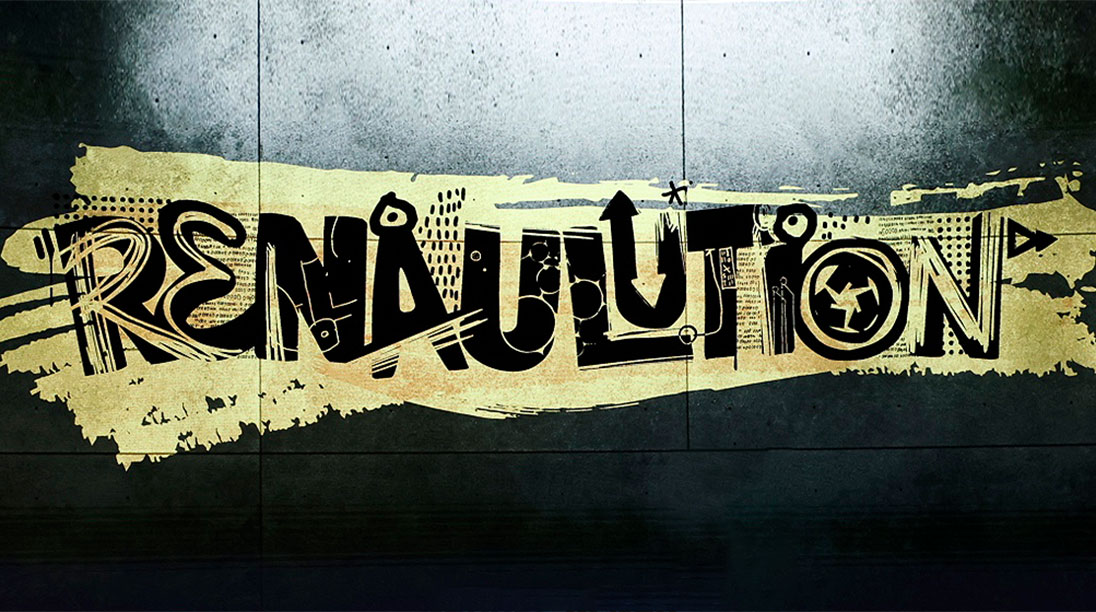Renault has outlined its “Renaulution” goal that was big on plans to engage in:
- “Resurrection” – from now until 2023 that will concentrate on margin and cash generation; then,
- “Renovation” – to renew the product range from now until 2025; and then,
- “Revolution” – from 2025 onwards to move the company to a broader focus on technology and energy issues.
The trio of programs aim to make Groupe Renault a frontrunner in the value chain of new mobility, said company CEO Luca de Meo in a digital launch of the plan.
This new model will create a “rebalanced and more profitable” product portfolio with 24 launches by 2025, half in the C and D segment. Of these, least 10 will be full EVs.
Renault said that the new value-driven organisation and product offensive will drive a better pricing and product mix and lower the group’s break-even point by 30 per cent by 2023.
Rationalisation of platforms from six to three will mean that 80 per cent of Renault Group volumes will be based on three Alliance (shared with Nissan and Mitsubishi) platforms. At the same time, the powertrain family will be halved, from eight to four.

Luca de Meo
Much of this will happen quickly. Renault said that all models to be launched on existing platforms will be in the market in less than three years, with the first sighting for Australia being the Arkana SUV that arrives later this year.
Renault Australia said it is early days for “Renaulution” however, Australia has felt some effect of the rationalisation with the end of the Clio, Kadjar and Zoe Electric and the reduction of the Megane range to one car from three.
The Kadjar is out because it sits on an old platform and will be replaced late this year by the coupe-styled Arkana SUV, underpinned by new architecture.
Other changes are a refreshed Captur, Koleos and Megane RS in the first half of this year.
The Renaulution plan, aiming at restoring Renault’s competitiveness, indicates it will improve the efficiency of its engineering and manufacturing business to reduce fixed costs and improve variable costs.
In becoming a “value-driven organisation”, Mr de Meo said Renault would “no longer measure its performance on market shares and sales but on profitability, cash generation and investment effectiveness.”
By 2023, it aims to have more than 3 per cent group operating margin which will result in about €3 billion or $A4.7b in cashflow. It is also looking for a fixed cost reduction of €2.5b ($A3.9b). By 2025 it is aiming for an operating margin of 5 per cent (€6b or $A9.4b) and a fixed cost reduction of €6b .

“The Renaulution plan will ensure the group’s sustainable profitability while keeping on track with its Zero CO2 footprint commitment in Europe by 2050,” said Mr de Meo.
“The Renaulution is about moving the whole company from volumes to value. More than a turnaround, it is a profound transformation of our business model.
“We’ve set steady, healthy foundations for our performance. We’ve streamlined our operations starting with engineering, adjusting our size when required, reallocating our resources in high-potential products and technologies.
“This boosted efficiency will fuel our future line-up: tech-infused, electrified and competitive.
“We’ll move from a car company working with tech to a tech company working with cars, making at least 20 per cent of its revenues from services, data and energy trading by 2030.”
Renault’s new business unit, Mobilize, is expected to generate more than 20 per cent of the group’s revenues by 2030 as it develops data, mobility and energy-related services for its customers.
Its targets include a zero carbon footprint by 2050; to improve the time use of the car; and improve residual value management.
It will offer four purpose-designed vehicles – two for carsharing, one for ride-hail services and one for last-mile delivery; finance solutions including subscription, leasing and pay-as-you-go; dedicated data services and software platforms; and new maintenance and refurbishment services called Re-Factory for used vehicles.
Groupe Renault has five brands – Renault, Dacia, Lada, Alpine and Mobilize – that offer sustainable and mobility solutions to its customers. Its products are marketed in more than 130 countries, it employs more than 180,000 people and has sold 2.9 million vehicles in 2020.

By Neil Dowling












 Read More: Related articles
Read More: Related articles

